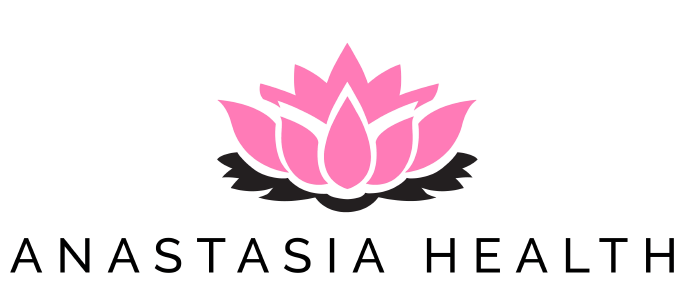Healing the Nervous System through Abhyanga (Warm Oil Massage)
Ayurveda is a 5,000-year-old healing science originating from India. "Ayur" means life, and "Veda" means knowledge. Ayurveda focus on preventing illness by addressing health on all of the levels of manifestation: physical, emotional, mental, and spiritual.
Abhyanga is a form of Ayurvedic medicine that involves a full-body self-massage with a specific warm oil. Doing abhyanga has many benefits: Physiologically, the oil serves as a barrier against outside contaminants such as toxins, germs, environmental pollutants, germs, and radiation. It keeps the skin soft and supple and has a detoxing effect by loosening and pulling toxins and heavy metals from deep in the tissues and eliminating it from the body.
Doing abhyanga in the morning sets the tone for the day. It gives a sense of peace and connectedness to the body. By nurturing and caring for oneself, it helps to maintain a feeling of self-love throughout the day. Although in Ayurveda, an ideal routine includes abhyanga in the morning when getting ready for the day, it can be done at any other time as well. For some people, a Vaidya (Ayurvedic doctor) will prescribe abhyanga at night-time instead of in the morning. Abhyanga can help with sleep issues and anxiety, a Vata imbalance.
Traditionally, Ayurveda uses medicinal oil (herb-infused oil) suitable for each dosha (constitution) to perform abhyanga. Vata needs more heating and heavy oils; good options are sesame or almond oil. Pitta needs more cooling oils such as coconut or olive oil, and Kapha goes for the heating oils or neutral oils such as sunflower and jojoba. (Another self-treatment for Kapha is called dry brushing.)
After warming up the oil, start from the top of the head and massage the scalp, face, neck, chest, arms, abdomen, back, legs, feet, and soles covering the entire body. Move from the top of the head to the soles of the feet in strokes towards the heart. Massage the joints in a circular motion.
Leaving the oil on for 20 minutes will ensure optimal benefits. After 20 minutes, wipe down gently with a towel. Do not scrub the oil off; if using shampoo, allow the soap to rinse all the excess oil gently, body soap is not necessary. Then, gently tap dry with a towel to allow the oil to continue to moisturize the skin.
If short on time, an abbreviated version includes massaging the crucial areas, which according to Ayurveda are the soles of the feet, behind the ears, the crown of the head, and heart area.
The benefits of doing abhyanga extend throughout the day; it protects the nervous system and provides an overall sense of tranquility. This intimate massage is a practice of self-love that reduces stress and anxiety and improves mood.
Blog contribution by Chany Moskowitz
